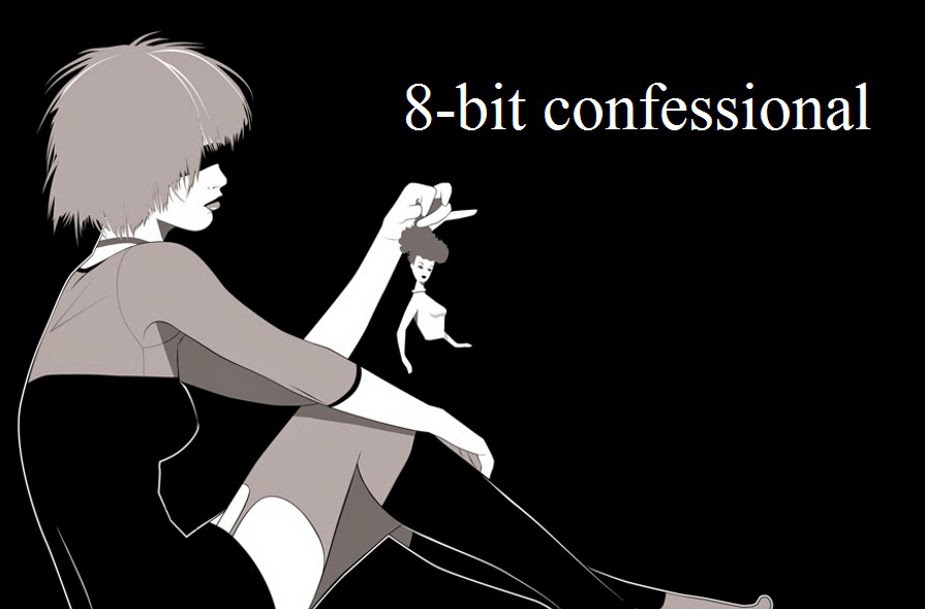I started re-reading The Magus over the last couple of days. Honestly, I haven't really read anything by choice for about two or three years (that happens when you teach literature).
I haven't read the novel since I was 16 or 17 years old. It was recommended to me by an English teacher in high school thanks to my rather "precocious" reading tendencies (Joyce, Kafka, Beckett, and the like).
Returning to it is odd. I see why she recommended it. It is sufficiently angsty for someone of my sensibilities. But it is the style to me that is especially strikingly odd. Fowles is best known, of course, for The French Lieutenant's Woman, a better novel, perhaps, but one especially known and admired for Fowles's success at aping a 19th century style for a largely 19th century style of fiction (okay, it turns 19th century narrative conventions on its head by the novel's close for the sake of its themes). The strange story of Nicholas Urfe in The Magus is clearly a product of a certain kind of 1960s hipsterism (or maybe moddishness would be a better description), but it too really has a very 19th century style of exposition, reading something vaguely like Great Expectations or David Copperfield. I don't know why I'm finding this so odd or surprising, but there it is.
Not much more to say about it until I get a little deeper into the thing, though. I only have the vaguest recollection of it as it is.
For whatever reason, though, I felt the book to be very important to me at the time. Maybe I'll figure out why again. But maybe not.










